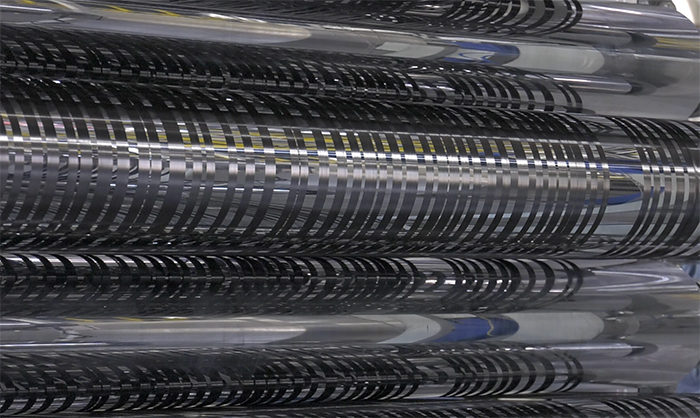





Amidst the accelerating globalization and mounting environmental challenges, the pursuit of low-carbon and eco-friendly production methods has emerged as a global consensus. Carbon fiber customization technology, with its unique material properties and advanced manufacturing processes, is gradually transforming into a pivotal force driving low-carbon production and fostering sustainable development. This article delves into the environmental benefits of carbon fiber customization technology and how it has become an indispensable route to low-carbon production and sustainable growth.

Low-Carbon Production: Reducing Carbon Footprint at the Source
The production process of carbon fiber customization technology boasts notable low-carbon advantages over traditional materials. Firstly, carbon fiber inherently boasts a high strength-to-weight ratio, meaning that significantly less material is required to achieve equivalent performance, thereby reducing resource consumption and waste generation. Secondly, although carbon fiber production initially requires substantial energy input, technological advancements and efficiency enhancements are gradually lowering energy consumption. Furthermore, the production process generates minimal waste, and a portion of this waste can be recycled, further mitigating environmental pollution.
Lightweight Advantage: Decreasing Energy Consumption and Emissions
The lightweight nature of carbon fiber customized products is a testament to their environmental prowess. Lightweighting not only reduces the product's mass but also curtails energy consumption and emissions during usage. In the automotive sector, for instance, carbon fiber bodies and components drastically lower vehicle weight, enhancing fuel efficiency and minimizing tailpipe emissions. Similarly, in aerospace, carbon fiber composites diminish aircraft weight, enhancing fuel economy, lowering operating costs, and mitigating environmental impact.
Longevity and Durability: Lowering Product Replacement Rates
Carbon fiber customized products are renowned for their exceptional durability and longevity. These qualities ensure stable performance over extended periods, minimizing the need for replacements due to damage or performance degradation. This, in turn, reduces resource consumption, waste generation, and the energy and emissions associated with producing new products. Thus, from a product lifecycle perspective, carbon fiber customization technology offers remarkable environmental benefits.
Fueling Circular Economy: Advancing Sustainable Development
Carbon fiber customization technology's eco-friendliness also stems from its contribution to the circular economy. As technology and recycling techniques advance, the recycling rate of carbon fiber materials is increasing. By recycling carbon fiber waste, the demand for new resources and mining is reduced, alongside production-related energy consumption and emissions. Moreover, the longevity and durability of carbon fiber customized products support extended product lifecycles and reduced waste generation. These factors collectively bolster circular economy principles, enabling sustainable resource utilization and environmental protection.
No. 1800, Xuefu Road, Jinshan District, Shanghai
151946565@qq.com
+86 13911360732
+86 13911360732
No. 1800, Xuefu Road, Jinshan District, Shanghai
151946565@qq.com
+86 13911360732
+86 13911360732